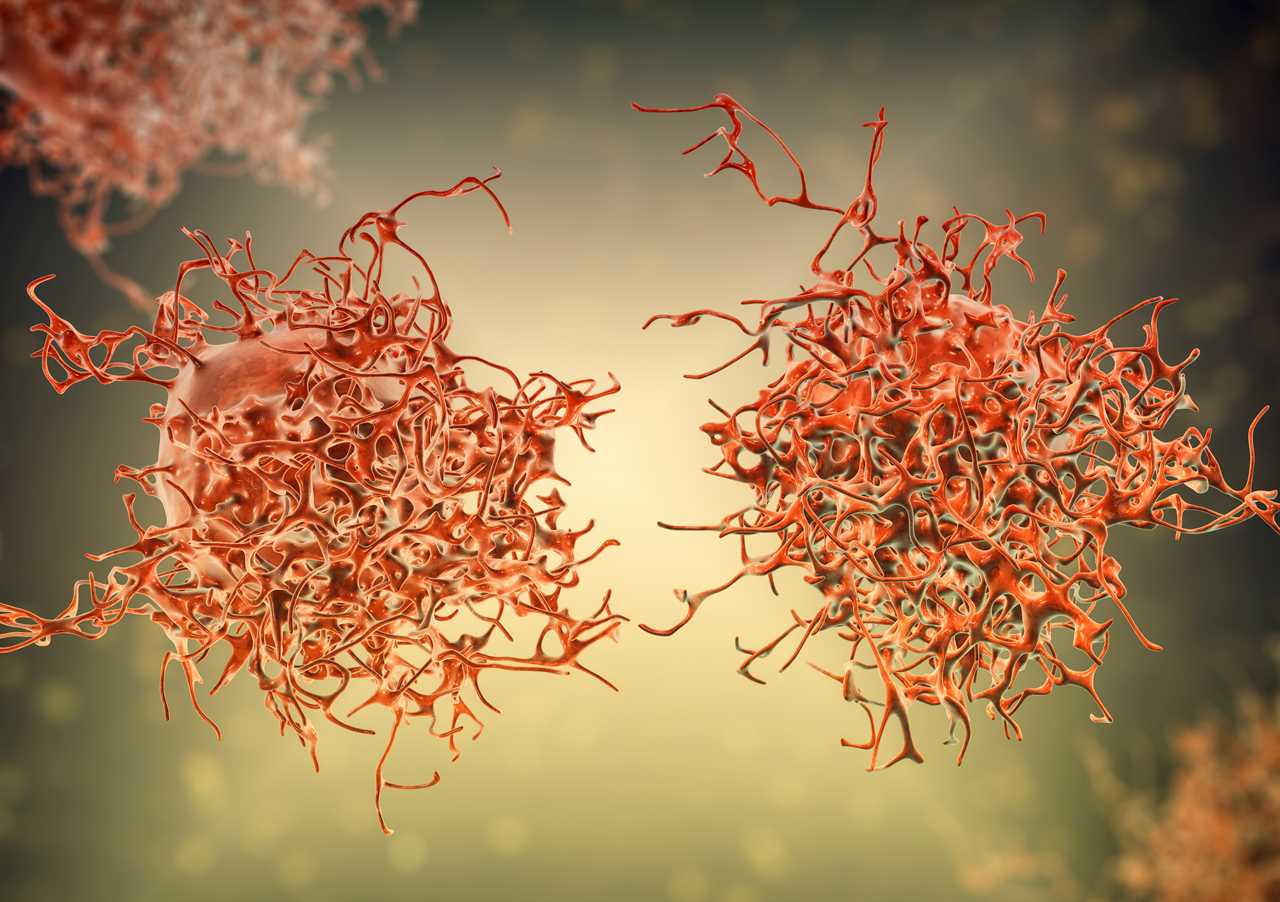INCURABLE cervical cancer patients will be offered their first new life-extending drug on the NHS in 14 years.
Women living with the disease could be given Keytruda after it was given the green light by the National Institute for Health and Care Excellence (Nice).

Incurable cervical cancer patients will be offered their first new life-extending drug on the NHS in 14 years
The immunotherapy drug is already in use for other types of cancer but no new treatments had been offered to those with cervix tumours in nearly a decade-and-a-half.
It will be rolled out to around 400 patients over the next three years.
NHS national director for cancer Dame Cally Palmer said the approval is a “significant moment” for treating the disease, which disproportionately affects younger women.
She said it will allow “them to spend more precious time with loved ones and enjoy a better and longer quality of life”.
John Stewart, of the NHS, said: “After nearly 15 years, this first immunotherapy marks a significant step forward that will provide hundreds with precious time with their loved ones.”
Around 3,200 women are diagnosed with cervical cancer every year in Britain, with more than a quarter dying from the disease.
Most patients are in their 30s and are given surgery to remove the tumour if possible, with around four in 10 also undergoing radiotherapy and a third having chemo.
Keytruda, also known as pembrolizumab, is an immunotherapy drug that is already used to treat breast, bowel, lung, and skin cancer.
Now, it will be offered to cervical cancer patients alongside chemotherapy who have not responded to other treatments.
The injection works by encouraging the body’s own immune system to target and kill cancer cells.
Trials show it can increase life expectancy byup to eight months on average, compared to just chemotherapy.
David Long, of MSD UK, said: “Advanced cervical cancer is an aggressive and incurable disease which has a major impact on patients and their families.
“Before today there were few treatment options for people with advanced cervical cancer.
“MSD is incredibly proud that patients have access to a new treatment option that we hope will go some way to addressing the significant unmet need.”






